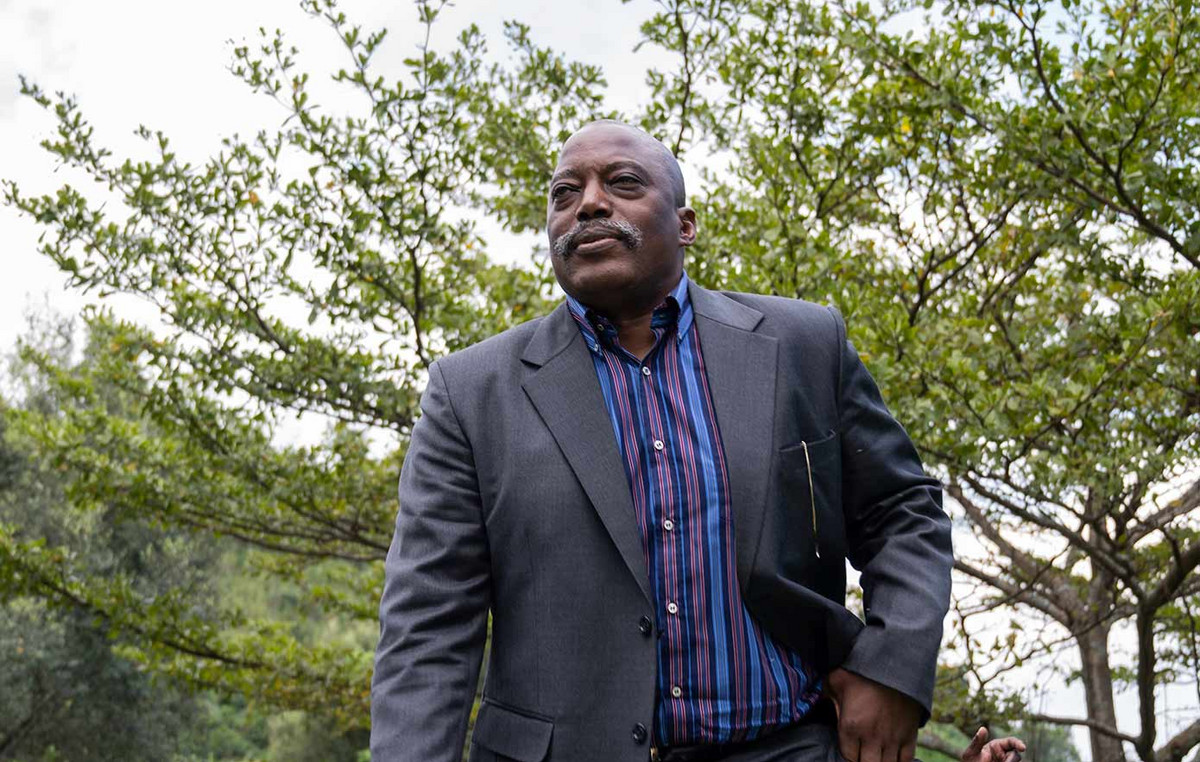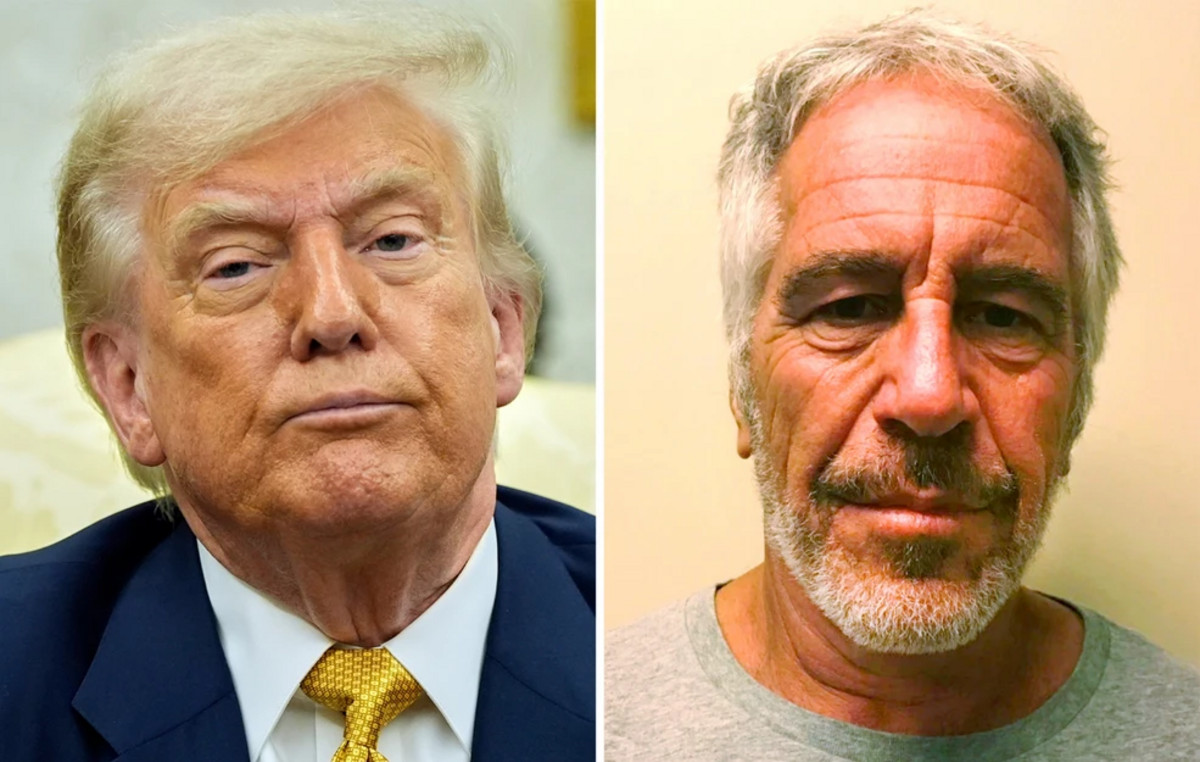Brazil is ready to help the government of Portugal implement measures of historical reparation for slavery and colonialism, sharing its own experiences and good practices, said Brazilian Minister of Racial Equality, Anielle Franco, on a visit to Lisbon this Wednesday ( 26).
Portuguese President Marcelo Rebelo de Sousa said in April that his country was responsible for crimes committed during transatlantic slavery and the colonial era, and suggested there was a need for reparations.
The Brazilian minister highlighted that the Portuguese president’s statements were important, because, for many years, the mistakes of the past were not recognized by those in power.
“It was a first step,” Franco told Reuters in an interview before a legal forum, adding that she was open to sharing good practices on measures already in place in Brazil, such as the racial quota system.
“Reparation is not just about payments [financeiros]… reparation is made through laws, public policies, teachings, giving visibility to people… it is about building a more dignified future”, he highlighted.
The president’s speech sparked debate in Portugal
Rebelo de Sousa’s comments provoked a national debate in Portugal and strong criticism from right-wing parties. The far-right Chega party, which is on the rise, proposed accusing him of treason against the country.
Over more than four centuries, around 6 million Africans were kidnapped and forcibly taken across the Atlantic on Portuguese ships and sold as slaves, mainly in Brazil, a former colony of Portugal.
Critics of the idea of reparations say that contemporary states should not be held responsible for historic slavery. Defenders say that action is necessary to deal with its consequences, such as systemic and structural racism.
After Rebelo de Sousa’s speeches, Portugal’s center-right government stated that it would not initiate any reparation process and, instead, asked for cooperation.
Still, Franco said he believes the Portuguese government will be open to talking about the issue.
The idea of paying reparations or making other reparations has gained traction around the world, including efforts to establish a special tribunal on the issue. Franco highlighted that Brazil will likely support the creation of such a court.
Cape Verde’s president, José Maria Neves, noted this month that the rise of the far right in Portugal and other countries has made it difficult to hold a serious debate on reparations. Franco shared the same opinion.
“But at the same time, I see it as an obligation for us to keep fighting,” she said.
Source: CNN Brasil
Bruce Belcher is a seasoned author with over 5 years of experience in world news. He writes for online news websites and provides in-depth analysis on the world stock market. Bruce is known for his insightful perspectives and commitment to keeping the public informed.







